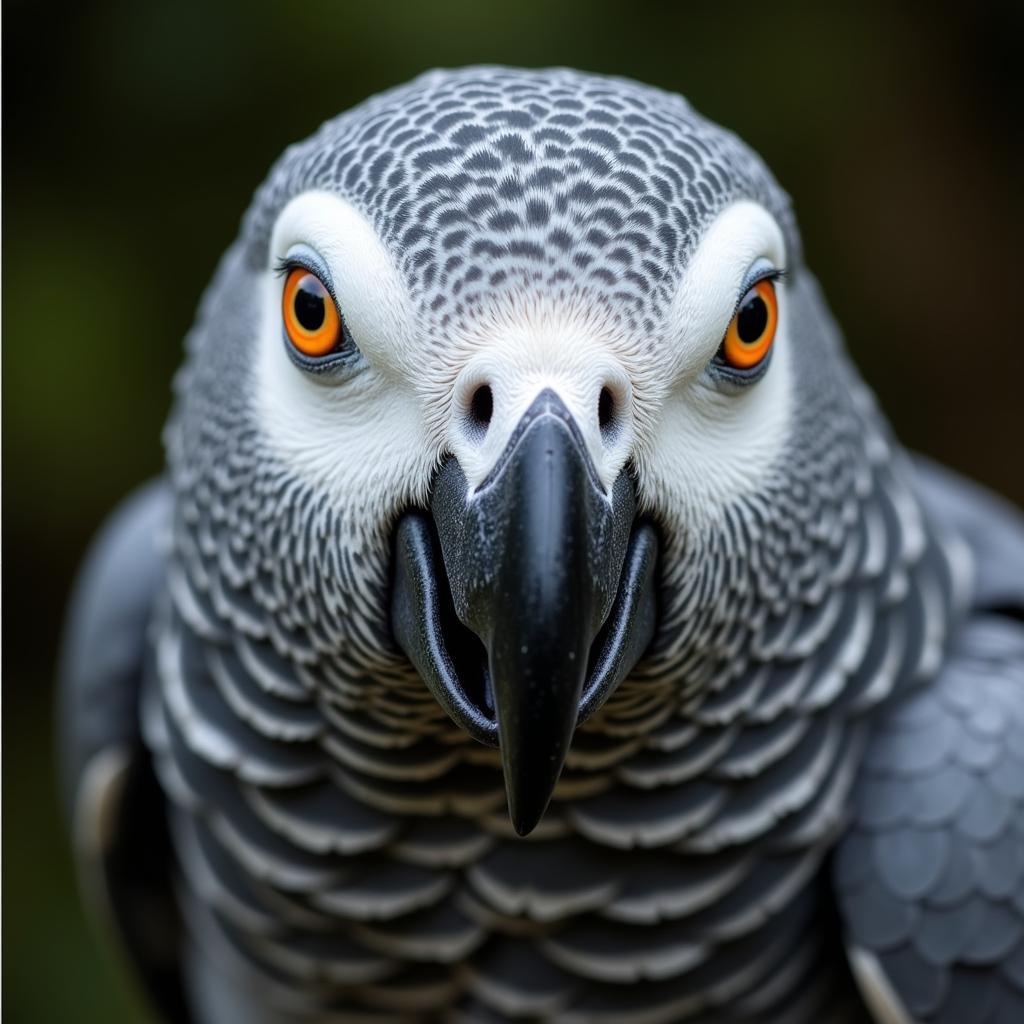The African Jacana Baby: A Tiny Wader with a Big Personality
The African Jacana Baby, also known as the lily trotter or Jesus bird, is one of the most fascinating avian creatures found in the wetlands of sub-Saharan Africa. These small birds, with their oversized feet and distinctive bronze plumage, capture the attention of nature enthusiasts with their unique appearance and captivating behavior.
What makes the African jacana baby so intriguing? It’s their precocial nature and the unusual family dynamics of the jacana species. From the moment they hatch, these little waders exhibit remarkable independence. They can walk, swim, and even feed themselves almost immediately.
The Precocial Marvel: African Jacana Chick Development
African jacana chicks are a testament to nature’s ingenuity. Their precocial development allows them to navigate the challenging wetland environment from a very young age. Unlike many bird species where chicks rely heavily on parental care, African jacana babies are remarkably self-sufficient. Within hours of hatching, they’re already exploring their watery world.
These chicks are born with fully developed downy feathers, providing them with immediate insulation and camouflage amidst the reeds and lily pads. Their long toes, although seemingly disproportionate to their tiny bodies, are crucial for distributing their weight and allowing them to walk across floating vegetation. This adaptation earns them the moniker “lily trotters.”
The chicks’ ability to swim and dive from a young age adds another layer to their survival skills. If threatened, they can quickly submerge themselves, leaving only their beaks exposed above the water. This behavior allows them to evade predators effectively, showcasing their impressive adaptability.
Parental Roles: A Jacana Family Affair
The African jacana family structure is as unique as the chicks themselves. The females are polyandrous, meaning they mate with multiple males and establish territories encompassing several nests. The males take on the primary role of incubating the eggs and caring for the young, a reversal of traditional avian gender roles.
This unique dynamic creates an intriguing social structure within the jacana community. The female defends her territory aggressively, protecting her multiple nests and the males who tend to them. While the males are diligently caring for the chicks, the female focuses on expanding her territory and ensuring the survival of her lineage.
“The female jacana’s role is primarily focused on territory defense and reproduction,” explains Dr. Anika Mosi, a leading ornithologist specializing in African bird species. “This allows the males to dedicate their time and energy to raising the young, ensuring the survival of the next generation.”
What Do African Jacana Babies Eat?
From the moment they hatch, African jacana chicks are adept foragers. Their diet consists primarily of insects, small aquatic invertebrates, and occasionally seeds. They use their sharp beaks to pick insects off the surface of the water and glean small creatures from the vegetation.
Threats to African Jacana Baby Survival
Despite their impressive survival skills, African jacana babies face numerous threats. Predators such as snakes, large fish, and birds of prey pose a constant danger. Habitat loss due to wetland drainage and human encroachment also significantly impacts their population.
“The biggest threat to African jacana populations is undoubtedly habitat destruction,” notes Dr. Mosi. “Preserving wetland ecosystems is crucial for ensuring the survival of these remarkable birds.”
Conserving the African Jacana: Protecting Wetland Habitats
Protecting the future of the African jacana baby requires a concerted effort to conserve their wetland habitats. Supporting organizations dedicated to wetland preservation and promoting responsible land management practices are crucial steps in ensuring the survival of these fascinating birds.
The African jacana baby, with its remarkable adaptability and unique family dynamics, is a testament to the wonders of the natural world. By understanding their life cycle and the challenges they face, we can work together to protect these captivating creatures and the fragile ecosystems they call home.
FAQ
- How long do African jacana chicks stay with their fathers? The chicks usually stay with their fathers for several weeks, learning essential survival skills before venturing out on their own.
- Are African jacanas endangered? While not currently listed as endangered, their populations are vulnerable due to habitat loss.
- Where can I see African jacanas? You can find African jacanas in wetlands throughout sub-Saharan Africa.
- What is the lifespan of an African jacana? The average lifespan of an African jacana is around 5-7 years in the wild.
- What is the role of the female African jacana? The female’s primary role is defending her territory and mating with multiple males within that territory.
Further reading: african birds wiki
If you need assistance, please contact us at Phone Number: +255768904061, Email: [email protected] or visit our address: Mbarali DC Mawindi, Kangaga, Tanzania. We have a 24/7 customer support team.


